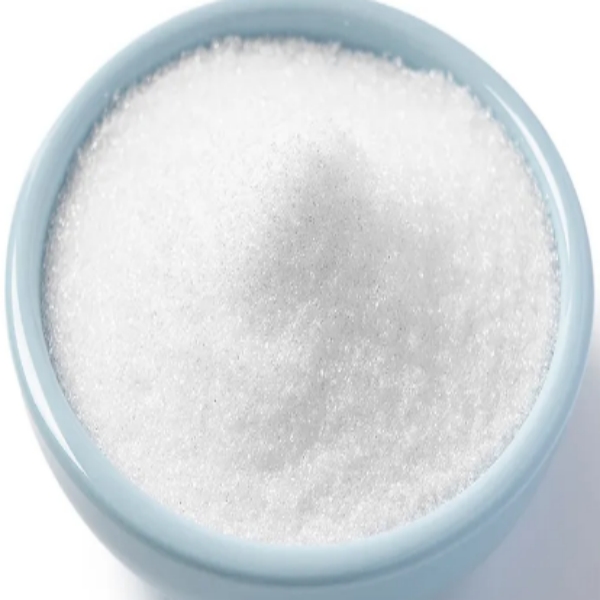Monosodium glutamate (MSG) is a commonly used food additive known for its ability to enhance the flavor of a variety of dishes. It is commonly used in powder form and is a key ingredient in many food flavor enhancers. However, there is much debate and concern about the potential effects of MSG on your stomach and overall health. In this article, we’ll explore what MSG is, its role in enhancing the flavor of food, and its potential effects on the stomach.
MSG powder is the sodium salt of glutamic acid, an amino acid found naturally in many foods, such as tomatoes and cheese. It was first isolated and identified in the early 20th century and has been used as a flavor enhancer in a variety of processed and restaurant foods ever since. MSG is known for its ability to enhance the umami flavor of foods, making them more appealing to consumers.
When used in foods, MSG is often listed as an ingredient under various names, such as “monosodium glutamate,” or “flavor enhancer.” It is commonly found in soups, processed meats, snack foods, and restaurant dishes. Additionally, MSG is also available in powder form for home use, allowing consumers to add it to their own cooking.
One of the major concerns about MSG is its potential effects on the stomach. Some people claim to experience adverse reactions such as stomach upset, bloating, and nausea after eating foods containing MSG. However, scientific research on this topic has yielded mixed results, and the exact mechanism by which MSG affects the stomach is not fully understood.
Several studies have been conducted to investigate the potential effects of MSG on the stomach. Some research suggests that MSG may stimulate the release of certain hormones in the intestines, which may affect digestion and cause symptoms such as bloating and discomfort in some people. However, other studies have failed to find a consistent link between MSG intake and stomach-related symptoms.
It’s worth noting that the U.S. Food and Drug Administration (FDA) has classified MSG as “generally recognized as safe” (GRAS), indicating that it is considered safe for consumption when used in accordance with good manufacturing practices. Additionally, many scientific and regulatory agencies around the world have reviewed the safety of MSG and found insufficient evidence to support claims of widespread adverse effects on stomach or overall health.
For people who think they may be sensitive to MSG, it’s important to be aware of their dietary choices and read food labels carefully. Some people may experience symptoms attributable to MSG consumption, and avoiding foods containing MSG may reduce their discomfort. However, other factors in diet or individual differences in digestion may also contribute to these symptoms.
In addition to its potential effects on the stomach, MSG is also closely watched for its impact on overall health. Some studies suggest that excessive consumption of MSG may have adverse health effects, such as headaches and allergic reactions in sensitive individuals. However, evidence to support these claims is limited, and more research is needed to fully understand the potential health effects of MSG consumption.
When assessing the potential health effects of MSG, it’s important to consider a wider range of dietary choices and overall lifestyle. Consuming a balanced diet that includes a variety of nutrient-dense foods is essential for overall health, and individuals may vary in their tolerance to specific food additives. Additionally, maintaining a healthy lifestyle, including regular physical activity and stress management, is important to support overall digestive health.
Fipharm Food is a potential company of food additives and collagen, we also have other popular products such as
In summary, MSG is a widely used food additive known for its ability to enhance the flavor of food. Although there are concerns about its potential effects on the stomach, scientific evidence to support widespread adverse effects is limited. For people who think they may be sensitive to MSG, paying attention to their dietary choices and reading food labels carefully can help them avoid potential discomfort. As with any food additive, moderation and balance are key, as is maintaining a healthy lifestyle for overall health. More research is needed to fully understand the potential effects of MSG on stomach and overall health, and ongoing scientific inquiry will continue to help us understand this widely used food additive.
Welcome to contact us for more details
Website: https://www.huayancollagen.com/
Contact us: hainanhuayan@china-collagen.com sales@china-collagen.com
Post time: May-14-2024





